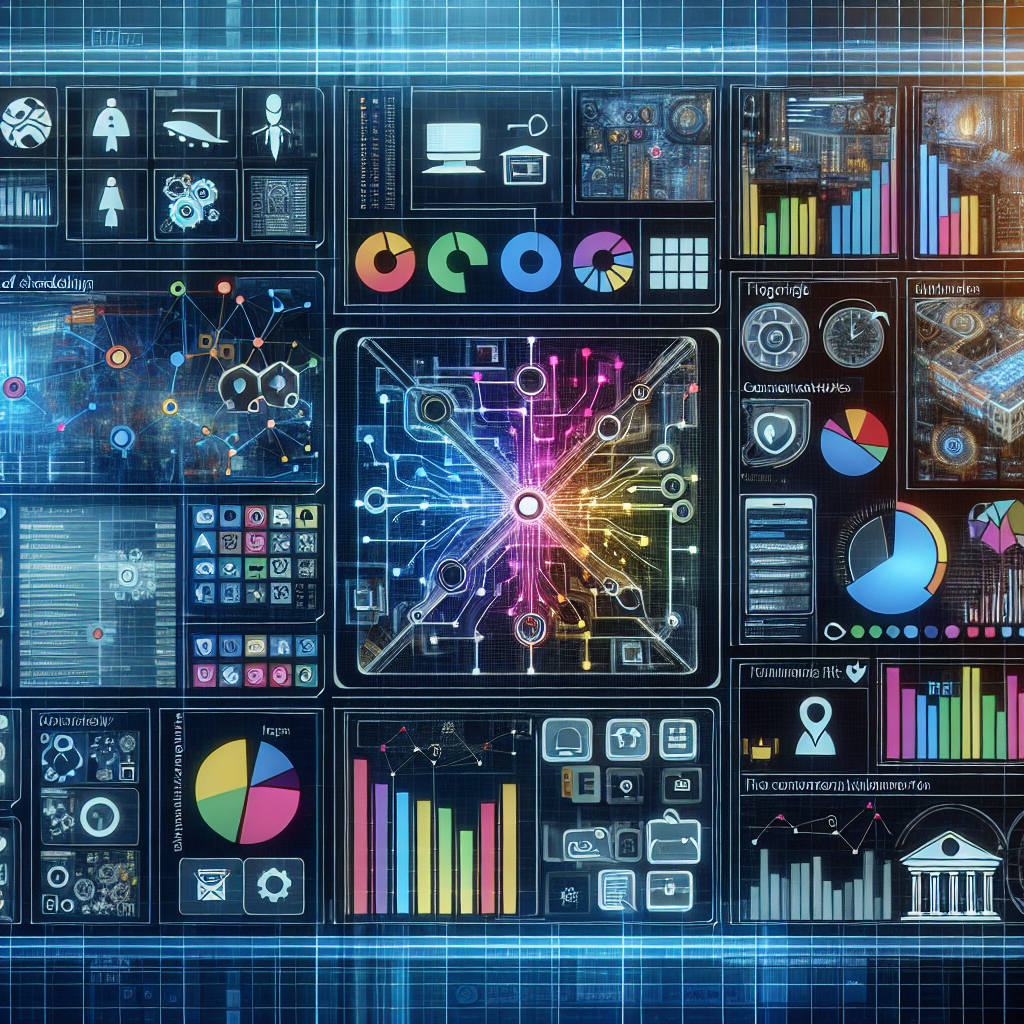The hospitality industry is known for its fast-paced and dynamic nature, with staff scheduling and optimization being crucial components for the smooth running of operations. Traditionally, scheduling staff in hotels, restaurants, and other hospitality establishments has been a time-consuming and laborious task, often resulting in inefficiencies and errors. However, with the emergence of Artificial Intelligence (AI) technologies, staff scheduling and optimization in the hospitality industry have been revolutionized, leading to increased efficiency, cost savings, and improved customer satisfaction.
Implementing AI for staff scheduling and optimization in the hospitality industry involves using algorithms and machine learning techniques to analyze historical data, predict future demand, and generate optimized schedules for employees. By leveraging AI, hospitality establishments can better match staffing levels to demand, reduce labor costs, and improve staff productivity. This article will explore the benefits of implementing AI for staff scheduling and optimization in the hospitality industry, as well as common FAQs related to this topic.
Benefits of AI for Staff Scheduling and Optimization in the Hospitality Industry:
1. Improved Efficiency: AI algorithms can analyze vast amounts of data in real-time to predict demand patterns, identify staffing needs, and generate optimized schedules. This leads to improved efficiency in scheduling staff, reducing the time and effort required to create and adjust schedules manually.
2. Cost Savings: By accurately predicting staffing needs and optimizing schedules, AI can help hospitality establishments reduce labor costs by avoiding overstaffing during slow periods and understaffing during peak times. This leads to cost savings without compromising service quality.
3. Increased Employee Satisfaction: AI-driven scheduling enables employees to have more control over their schedules, leading to increased satisfaction and reduced turnover rates. By considering factors such as employee preferences, availability, and skills, AI can create schedules that are fair and equitable for all staff members.
4. Enhanced Customer Experience: By ensuring the right number of staff members are available to meet customer demands, AI-driven scheduling can improve service quality, reduce wait times, and enhance the overall customer experience. This leads to increased customer satisfaction and loyalty.
5. Real-Time Adjustments: AI technology allows hospitality establishments to make real-time adjustments to schedules based on changing demand patterns, unexpected events, or last-minute changes. This flexibility enables businesses to adapt quickly to dynamic situations and ensure optimal staffing levels at all times.
Common FAQs about Implementing AI for Staff Scheduling and Optimization in the Hospitality Industry:
1. How does AI predict staffing needs in the hospitality industry?
AI algorithms use historical data on factors such as past demand patterns, booking trends, weather conditions, and special events to predict future staffing needs. By analyzing this data, AI can forecast the number of staff members required at different times of the day or week, helping hospitality establishments optimize their schedules accordingly.
2. Can AI take into account employee preferences and availability when generating schedules?
Yes, AI technology can consider factors such as employee preferences, availability, skills, and certifications when creating schedules. By taking into account these individual preferences and constraints, AI can generate fair and balanced schedules that meet both business needs and employee requirements.
3. How can AI help hospitality establishments reduce labor costs?
AI-driven scheduling can help hospitality establishments reduce labor costs by avoiding overstaffing during slow periods and understaffing during peak times. By accurately predicting staffing needs and optimizing schedules, AI ensures that the right number of staff members are available to meet customer demands, leading to cost savings without compromising service quality.
4. What are the challenges of implementing AI for staff scheduling in the hospitality industry?
Some challenges of implementing AI for staff scheduling in the hospitality industry include data privacy concerns, resistance from employees, and the need for ongoing training and support. Additionally, AI algorithms may require fine-tuning and customization to suit the specific needs and constraints of each hospitality establishment.
5. How can hospitality establishments ensure a smooth transition to AI-driven scheduling?
To ensure a smooth transition to AI-driven scheduling, hospitality establishments should involve employees in the process, provide training and support on using the new technology, and communicate the benefits of AI in improving scheduling efficiency and staff satisfaction. It is essential to address any concerns or resistance from employees and make adjustments based on feedback to ensure a successful implementation.
In conclusion, implementing AI for staff scheduling and optimization in the hospitality industry offers numerous benefits, including improved efficiency, cost savings, increased employee satisfaction, enhanced customer experience, and real-time adjustments. By leveraging AI technology to analyze data, predict demand, and generate optimized schedules, hospitality establishments can streamline operations, reduce labor costs, and enhance service quality. While there may be challenges in implementing AI-driven scheduling, with proper planning, training, and communication, hospitality establishments can successfully transition to AI-powered scheduling systems and reap the rewards of increased efficiency and profitability.

